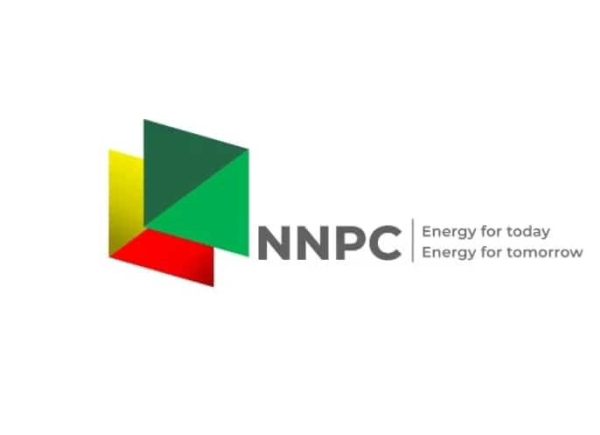Legal experts have started reacting to the latest revelation that the Nigerian National Petroleum Corporation (NNPC) has issued award letters for contracts to exchange crude oil for imported petroleum products.
Reuters had quoted sources familiar with the matter as saying that a total of 15 groupings, with at least 34 companies in total, received award letters, which means that ministerial approvals were sought for before the letters.
In his argument, Lagos lawyer, Mr Femi Babalola, noted that “The law provides that every contract or deals running into billions of naira in every ministry, department and agency must be done with the consent of the supervising minister of the Federal Republic of Nigeria”.
“Now, we are all aware that there are no minister as far as the second term of President Muhammadu Buhari is concerned.
Continuing, Babalola made it clear that “Even if President Buhari was the former substantive Minister of Petroleum Resources in his first term, that office seized to exit when he dissolved his first term cabinet”.
“The meaning of that is that even he himself is no more a minister but only the President pending when he either name another person as Petroleum minister or make it clear he still remains the minister even in his second term and then inaugurate his second term cabinet for the business of national governance to kickoff.
Babalola further averred that according to what we heard earlier this week that the contract letters were said to have been circulated on Monday, in law, such letters cannot stand the test in point of law because no substantive minister supervised the entire process at the NNPC unless the amount involved did not run into billions of naira.
Though Business Hilights sources could not confirm if the contracts had been signed without recourse to a minister which does not exist for now, there are strong indications that the terms have been negotiated.
Further details revealed that the contracts allow companies, including international trading houses and indigenous firms, to lift crude oil in return for the delivery and supply of petroleum products under the direct sale of crude oil and direct purchase of petroleum products model. Despite having a refining capacity of about 445,000 barrels per day, the nation’s refineries have been underperforming for years, making the country almost wholly dependent on imports to meet its domestic petrol and diesel needs.
The NNPC announced in May that 132 firms had submitted bids for the 2019 crude oil-for-product swap programme, called the direct sale of crude oil and direct purchase of petroleum products scheme.
It would be recalled that the 2018 crude oil-for-product swap programme was supervised by the former Minister of State for Petroleum, Dr Ibe Kachukwu.









